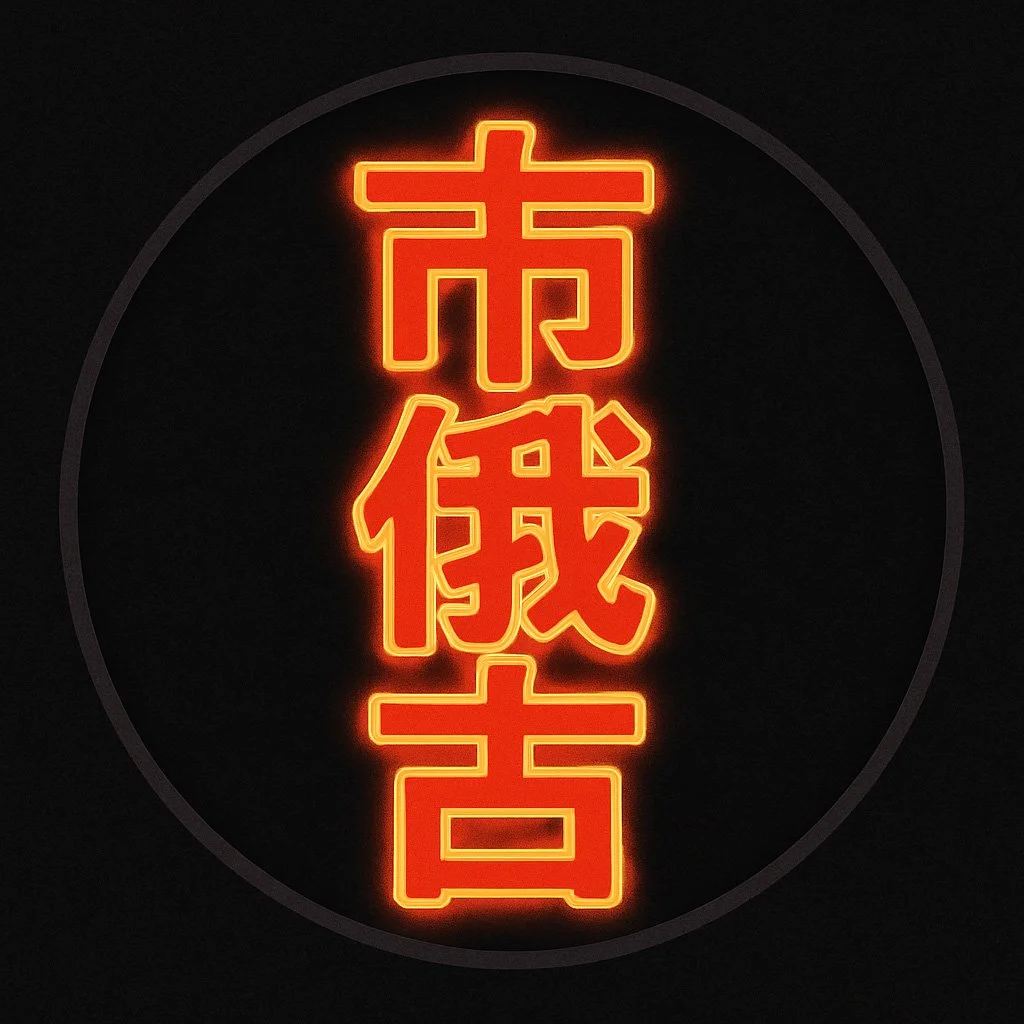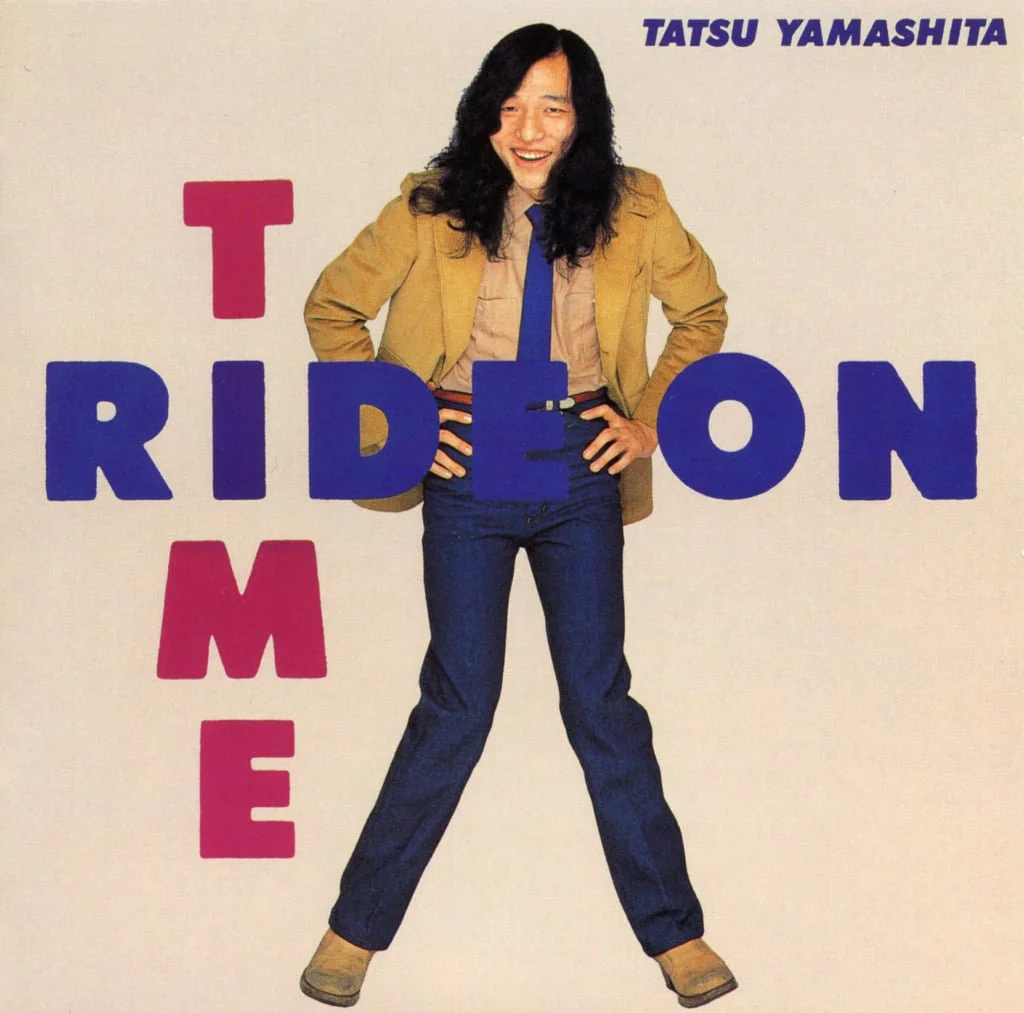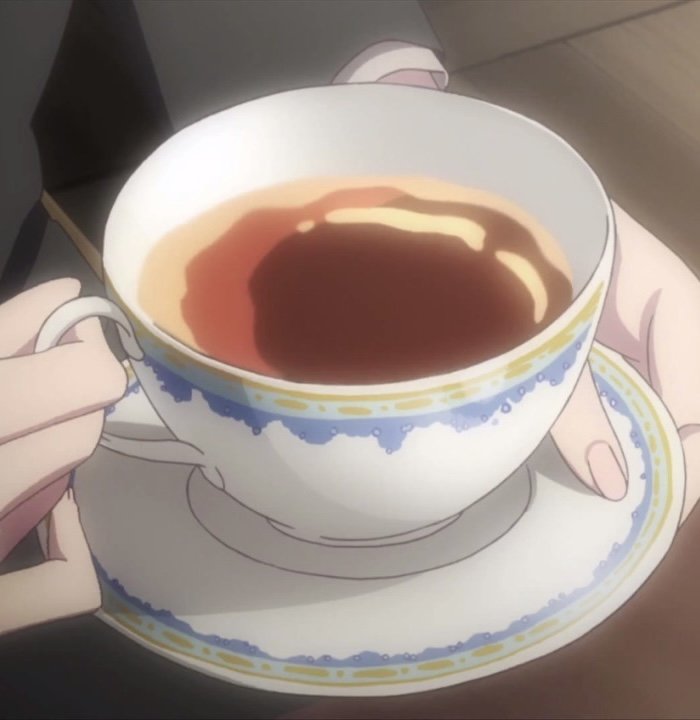Why Tatsuro Yamashita’s Vinyl Represses Are The Most Important Of The Year
Why Tatsuro Yamashita’s Vinyl Represses are the most important of the year
2023 is set to be a record year for City Pop. From Anri getting a feature on CNN, to the huge news that a certain king of City Pop is having his entire RCA/AIR years discography repressed. Ofcorse, we’re talking about Tatsuro Yamashita. The significance of this repress event cannot be understated due to how crazed city pop vinyl collectors are when it comes to Tatsuro vinyl. The cream of any collection almost always includes a copy of For You, Spacy, or Ride on Time. Not to say his other LPs aren’t as desired, or just as rare, if not more. Though ever since the city pop genre exploded in popularity, these 3 albums have always been the dream of most fans. Some people simply display their vinyl, others never even think to soil them with mortal hands, and some like me play them at live events for everyone to enjoy. No matter what you do with them, they’re nice to own nonetheless.
If you’d like a rundown of Tatsuro’s history, and a review of his first 6 studio albums, you can listen to this podcast episode where me and a Japanese producer friend of mine discuss at length.
You must be thinking why this is all such a big deal. I’m here to tell you it really is a big deal, seriously. Tatsuro is notoriously protective of his music, and he isn’t shy about it. Any copyright infringement on his music is usually met with a swift kamekaze kick to the groin by any given Japanese recording agency on the books. They treat his music like a national treasure, and god help you if you try and get past their iron grip on where his music can be heard. Every week someone posts his songs on YouTube, and every week they go down without fail. Its like they have a whole department of Japanese suits scouring the web for any misuse of his recordings. In an interview last year with Yahoo News Japan, he doubled down on his disdain for streaming music, claiming he will never allow his music to be online. His reasoning is that the companies who host the streaming of his music will profit from it, having not contributed to the creation of the music itself. I admire his passion for keeping the greedy hands of corporate companies out of his pocket, but the reality is that this is the way of the world, and streaming is not going away. Older Japanese businessmen have a pattern of fighting the current when it comes to new methods of music distribution, i.e. MP3s in the oughts.
Tatsuro doesnt seem to like to sharing his music. He won’t even tour outside of Japan. Given his popularity right now he could definitly play a sold-out show in New York City, but it seems highly unlikely he would even leave the country at this point. Going over that interview, you can’t help but get the feeling that he feels a slight bit of resentment that it took this long for people overseas to get into his music, but thats just what I got out of it. Who knows. So these repressings are big news, because it seemed like he wouldnt even consider having them re-released again in any format except maybe CDs, but who wants those. Scalpers and certain record shops would abuse this by charging insane prices for his records. No one thought we’d be looking at re-releases anytime soon, so all of this came as a huge surprise to fans abroad. He did mention it on his radio show in 2022, though anyone without access to it wouldn’t have known. With the new pressings being released throughout the year, prices of original pressings could see a major decline in value. They will always carry a high price tag for being authentic though, so nothing to worry about there, but the hype will definitly die down a bit once thirsty collectors are sated when they get the LPs they have been waiting a long time for.
This hysteria reminds me of the hype that surrounded Junko Ohashi’s Magical, that at one point sold for around $1000 on Discogs, only later to be re-released several times, making the once fabled object less than mythical. Tatsuro’s move signals that City Pop has reached a critical moment where the success of the genre in contemporary times is becoming undeniable, as it takes its rightful place in the halls of the popular culture of today. Most of Tatsuro’s records havent been repressed on vinyl ever since their initial release, adding to the frenzy currently going on right now. No one wants to be left out, given that this will likely be the only time for a while that he will allow his music to be re-released like this. Lets take a look at a few of his records that we will have a chance to grab this year.
CIRCUS TOWN [1976]
Tatsuro’s First Solo Studio Album
Ranked #50 on the Oricon chart for the year
Never Repressed on vinyl
Get it Here
“Circus Town as a whole reflects the many things going through Tatsuro's life at that point. It is a varied album, gathering compositions that were meant for Sugar Babe, as well as adapting his frustration and uncertainty on something creative and worthwhile. The sound of the album is something up to a professional standard, with the orchestral arrangements, background vocals, and the rest of the instrumentation having a distinct polished and clean feeling, almost as if it was expanding the main basis found on Songs, even if the sound from the New York and Los Angeles sides end up having some differences. It is not a perfect album, since it lacks a complete focus that ties the entirety of the project together (mainly due to the fact that the sessions took place on different work atmospheres), but it does present a lot of ideas that Tatsuro would expand in the future of his career on different and interesting ways, being the initial seed that shows the potential that Tatsuro had as a talented performer and songwriter. Each side has its strengths and weaknesses, and it all makes up for a short eight track-thirty six minute experience that ends up being truly enjoyable, engaging, and even impressive all the way through.” - Idiotwholikesprog
Price as of 1/7/23:
SPACY [1977]
Tatsuro’s 2nd Studio Album.
Ranked #59 on the Oricon chart for the year.
Repressed on vinyl once during the same year of release.
Get it here
“By the time 1976 was coming to an end, Tatsuro Yamashita could firmly and confidently state that he was more than inspired and prepared to dive deep into the risks and challenges that came with emerging and moving forward as a musician with a solo career. The road he had been involved with up to that point had been one of uncertainly, rough receptions/criticisms, and a need of assuring his confidence on the way he wrote and composed his music, but he was also slowly starting to be more and more recognized for the talented and dynamic songs and collaborations he was involved in. Sugar Babe's debut album, Songs, the place where he started with his professional musical career, was at first overlooked by many, but it was slowly starting to pick up popularity thanks to the rise of City Pop as a style of music that was slowly becoming relevant within the Japanese pop music scene at the time, and Songs was starting to be recognized as the place where it all had started. Even then, Yamashita's financial situation still wasn't the best one, but he was still getting involved on a surprising variety of projects in order to carry his own interests forward. At that point, he had already collaborated with artists like Yumi Arai, Mayumi Kuroki, and Minako Yoshida as both songwriter, producer. and guest artist; as well as getting involved with big names like Eiichi Otaki and Ginji Ito (and at the same time getting to meet giants like Haruomi Hosono and Ryuichi Sakamoto), but he was still hesitant about diving into the idea of a solo career.” - Idiotwholikesprog
Price as of 1/7/23:
Go Ahead [1978]
Tatsuro’s 3rd Studio Album.
Ranked #75 on the Oricon chart for the year.
Never repressed on vinyl.
Get it here
“"A masterpiece third solo album that marked the creativity of Yamashita's brilliant and versatile writing style which determined his subsequent path."
In commercial music, etc., there was a high demand for Yamashita as a musician who works under anonymity, but Yamashita's evaluation as a contract musician for a record company, was favorable, but he wasn't meeting the sales figures RCA wanted. Yamashita himself felt that the world of rock and folk that he had lived in had entered a new stage at that time, and thought that if he went on like this, he would probably have to give up his records and live activities. So he had a pessimistic prediction that this album would probably be the last. The album was criticized by critics and listeners for being disorganized, but it can be said that the writer's principle, which began to suffer, was the sprout of the album production policy that followed. However Tatsuro Yamashita was told that one of his songs in the Go Ahead! album "Bomber" was a hit song in a disco in Osaka. Therefore, in 1979, a promotional single was released under the title of "Bomber". - Wikipedia
Price as of 1/7/23:
MOONGLOW [1979]
Tatsuro’s 4th Studio Album.
Ranked #20 on the Oricon chart for the year.
Never repressed on vinyl.
Get it here
Moonglow was one of Tatsuro Yamashita's studio albums that stayed the most weeks in the Oricon charts, staying in for fifty weeks. Most of the songs included in this album were written by Minako Yoshida and composed by Tatsuro Yamashita. Before the album came out, "Let's Kiss The Sun" was released as a lead single. The song was used as a commercial song for Japan Airlines Okinawa campaign.
At this time, Yamashita's director Ryuzo Kosugi launched an independent label "AIR" within the RVC he belonged to because of his desire to take a more free production stance without being controlled by the company's restrictions. This work "Moonglow" was released in the fall of 1979 as the first new record of this new label AIR. It became a stepping stone to the next work "Ride on Time". When the album finally came out, "Eien no Full Moon" (永遠のFull Moon) was released as a single at the same time as the album. Its B-side would include the song "Funky Flushin'" which was also included on the Moonglow album. Though both of the singles failed to enter the Oricon Singles Chart. In 1980, the album would win in the 22nd Japan Record Awards for "Best Album Award". - Wikipedia
Price as of 1/7/23:
RIDE ON TIME [1980]
Tatsuro’s 5th Studio Album.
Ranked #1 on the Oricon chart for the year.
Never repressed on vinyl.
Get it here
“Ride on Time is the fifth studio album by Japanese singer-songwriter Tatsuro Yamashita, released by AIR/RVC on September 19, 1980. It is best known for its title track, which was used in the television commercial for Maxell cassette tapes starring Yamashita, and released as a single in May 1980. The song became his first charting single, peaking at No. 3 on Oricon's weekly singles chart with sales of 417,000 copies. In 2003, the song was featured on the television drama Good Luck!! starring Takuya Kimura, and entered the top 20 on the chart again. The album was released after the title track became a hit, and gained commercial success subsequently. It topped the Oricon weekly albums chart for a week in October 1980, selling more than 220,000 units.
Following the album's release, the song "My Sugar Babe" (ode to the band he formerly fronted) was issued as a single. It was featured as a theme song for the television drama Keishi-K starring and directed by Shintaro Katsu and aired on NTV in Autumn 1980. Yamashita composed the entire background music used on the TV series. The album's 2002 remastered edition includes three tracks from the soundtrack as bonus tracks.” - Wikipedia
Price as of 1/7/23:
FOR YOU [1982]
Tatsuro’s 6th Studio Album.
Ranked #1 on the Oricon chart for the year.
Repressed to vinyl officially once in 1985 as a picture disc, and a bootleg Chinese pressing circulated in 2022, although it was low quality.
Get it Here
“GRASSO: Tatsuro Yamashita‘s For You LP (listen here) was released in Japan in early 1982. Yamashita was at the forefront of a new wave of Japanese musicians influenced by the slick, smooth fusion of rock, jazz, and funk that was topping the charts in the US in the late ’70s and early ’80s. Yamashita entered the ’80s having broken away from his group Sugar Babe, achieving success with his 1980 solo album Ride on Time. For You is an astonishingly cohesive sampler of all kinds of pop idioms: smooth jazz, doo-wop, and even pop vocal balladry, all backed with the rock-solid studio magic of Yamashita’s band of experienced session musicians.
TOYOSHIMA: Yamashita is one of the most famous musicians from the City Pop genre, an eclectic blend of rock, funk, jazz, and disco that was omnipresent in 1980s Japan. To me, listening to City Pop evokes feelings of speeding down a Tokyo freeway on a sunny day or dancing in a neon-lit disco somewhere in Shibuya. Though I only started looking closely at this genre after falling in love with the Yacht Rock web series and music genre, City Pop is a sound I remember well from watching anime, TV shows, and commercials from that time.
The 1980s were a good time for Japan, so it’s no surprise that the music of the time reflected that. Contrasted with the melancholy Enka Ballads of the postwar generation, their children were listening to a sound that was bright, funky, and heavily inspired by Western pop. This was perfectly suited to a new generation of young urban professionals who migrated from rural Japan to the cities to take advantage of job and education opportunities in the booming economy. The recent development of portable car stereos and the Sony Walkman (debuted in Japan in 1979) made it possible for them to take music anywhere.” - Wearethemutants
Price as of 1/7/23:
How to Pre-Order
If you’re overseas and confused on how to get these ordered, you can get them directly from CDJapan!
Click HERE to get access to purchasing them while you still can!
I hope you found this information useful, and understand now why this is such a major event in the world of City Pop, and what it means to fans of the genre. Now that Tatsuro has submitted to having his most popular albums repressed, we can only wish that Anri will make a timely decision to follow suit. We can only hope…
AUTHOR
Van Paugam is an Internationally-Acclaimed DJ and leading figure specializing in 70s and 80s Japanese Music, dubbed City Pop. He has organized and hosted over 100 events dedicated to the style, and actively promotes Japanese culture while on the board of the Japanese Arts Foundation of Chicago. He has been featured on CNN, NHK, and many other publications for his dedication to City Pop. Van is credited with being the first person to begin popularizing City Pop online through his mixes on YouTube in 2016, and subsequently through live events. Learn More…














![Tatsuro Yamashita - Go Ahead [Reissue]](https://images.squarespace-cdn.com/content/v1/5bd7707c11f7847c45b4b9dd/1677630549318-VK4691LKREAD8ILYCDTG/BVJL-93.jpg)
![Tatsuro Yamashita - Greatest Hits [Reissue]](https://images.squarespace-cdn.com/content/v1/5bd7707c11f7847c45b4b9dd/1674713862344-KZQM2GX3TF0Y8XODXT1P/R-3282359-1533691121-1914.jpg)
![Tatsuro Yamashita - For You [Re-Press]](https://images.squarespace-cdn.com/content/v1/5bd7707c11f7847c45b4b9dd/1674713532165-3F6PUTT1U16F9RKFDKCQ/R-2179374-1576817857-6649.jpg)
![Tatsuro Yamashita - Ride On Time [Reissue]](https://images.squarespace-cdn.com/content/v1/5bd7707c11f7847c45b4b9dd/1674713298310-CX7AAYGDCK9VRC09V8F7/R-3282392-1341996717-7068.jpg)
![Tatsuro Yamashita - Moonglow [Reissue]](https://images.squarespace-cdn.com/content/v1/5bd7707c11f7847c45b4b9dd/1674712985847-GAAP57FYG3W34MT0KX6Z/R-2063296-1594137375-1639.jpg)
![Tatsuro Yamashita - It's A Poppin' Time [Re-Press]](https://images.squarespace-cdn.com/content/v1/5bd7707c11f7847c45b4b9dd/1674711577552-6OG8AHZTL0A0VMOFACE6/R-5223079-1601375868-4345.jpg)
![Tatsuro Yamashita - Spacy [Reissue]](https://images.squarespace-cdn.com/content/v1/5bd7707c11f7847c45b4b9dd/1674711439752-GP5PA47QCYGU14Q1F8I9/R-1006498-1322902455.jpg)
![Tatsuro Yamashita - Circus Town [Reissue]](https://images.squarespace-cdn.com/content/v1/5bd7707c11f7847c45b4b9dd/1674710622935-WAUHPKKQAQSUPFH8NC0G/BVJL-95.jpg)



























